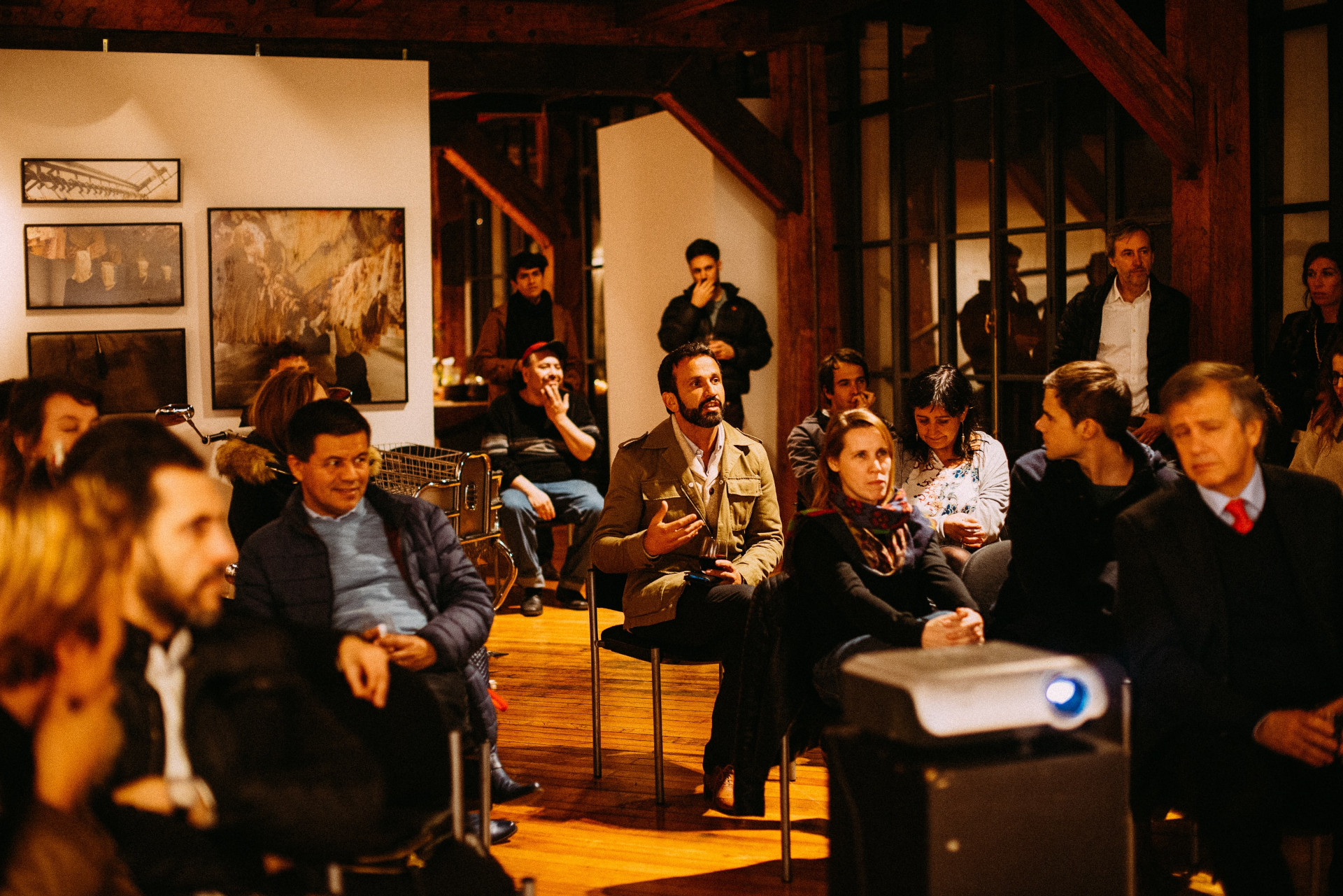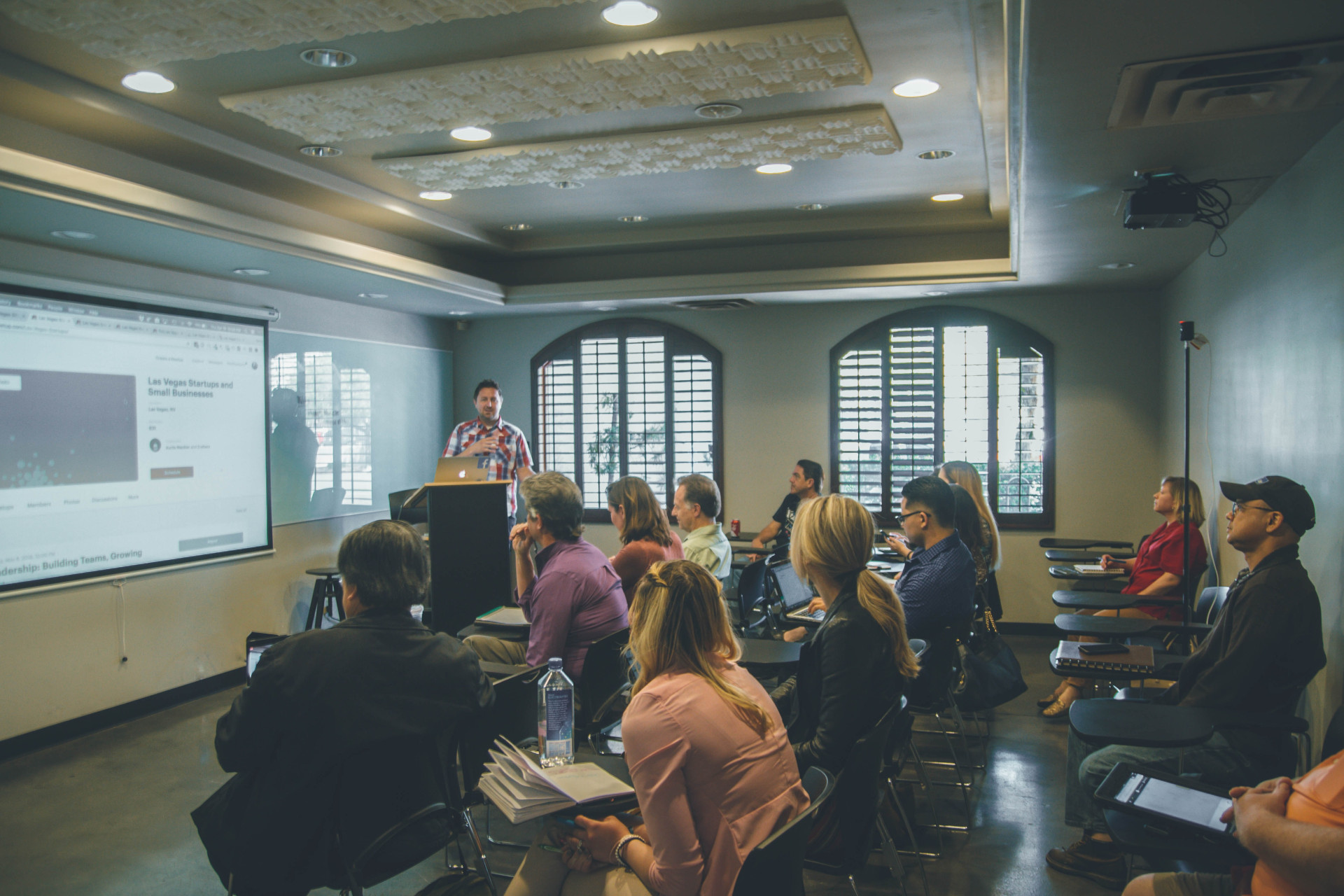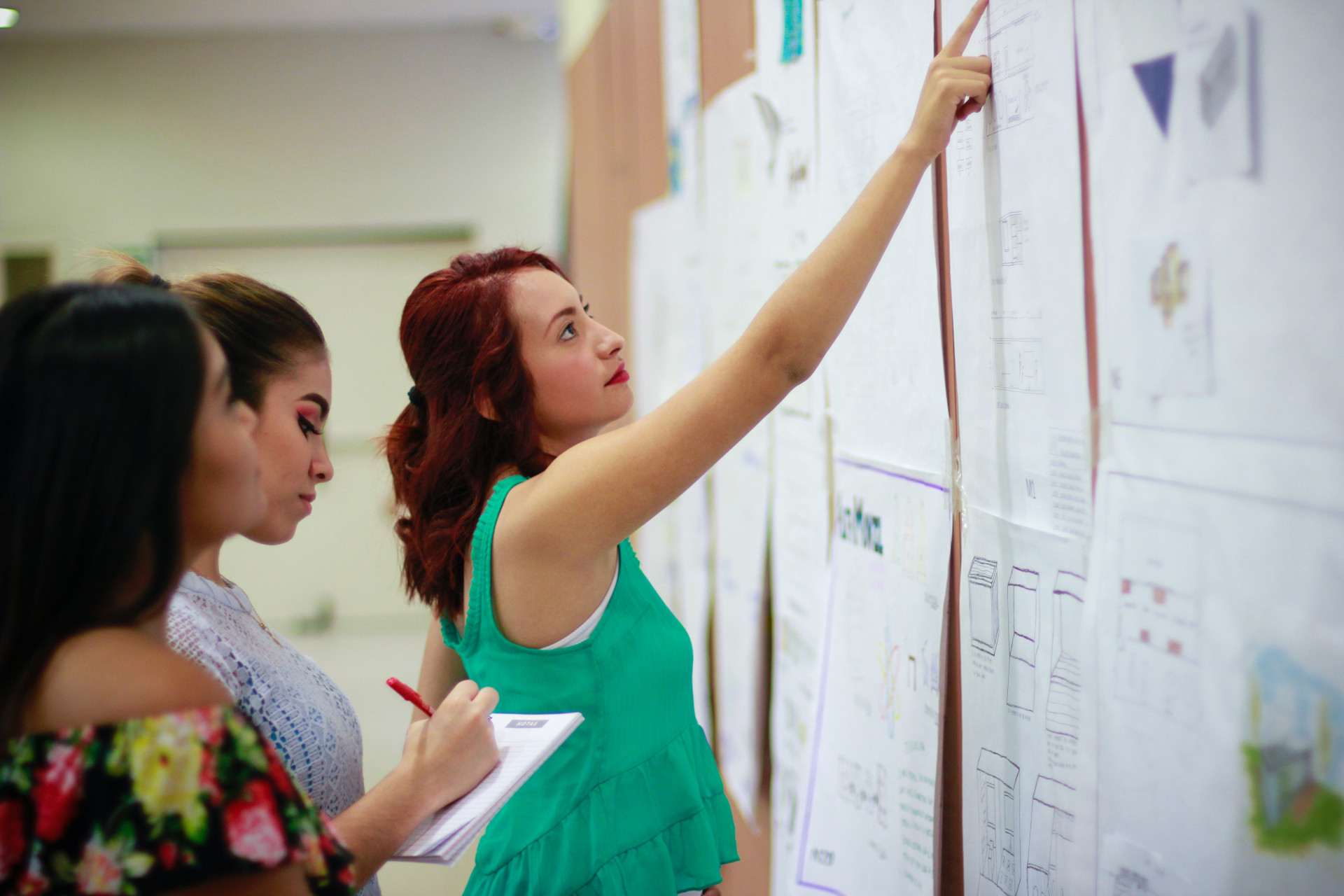FAQs
What is Erasmus+?
Erasmus+ is an EU programme that can help you travel to experience work, study or train in another country. Your time abroad on Erasmus+ can be from 2 days to 30 days or from 2 weeks to a year depending on the type of project you are on.
Erasmus+ is open to many people including:
- Pupils in school
- Students in higher education
- Students in vocational education and training
- Young people in youth organisations
- Adult learners
Staff in educational settings and youth workers can also access Erasmus+
You cannot apply directly to Erasmus+. You must apply through a participating organisation such as your school or college or place of work.
If the application is successful, you will get funding that usually covers your travel costs and the cost of living abroad. You may get funding to cover other costs too.
Where can I find an Erasmus application form?
The application processes for Erasmus+ vary depending on which strand of funding you are applying for and whether the funding opportunity is managed by the National Agencies. More information on the application process, including templates and model application forms, can be found in the How to apply section.
Is Ireland a Programme Country for Erasmus+?
Yes Ireland is a programme country and is eligible for all parts of Erasmus+.
UK and Northern Ireland
The UK ended its participation in the Erasmus+ programme on 31 December 2020. It is not possible for new Erasmus+ funding to include Northern Ireland.
What costs does Erasmus+ cover?
You will generally get Erasmus+ funding to help cover your travel costs and living expenses such as accommodation and food. Any costs not related to these you will have to cover yourself. The amount of funding you get depends on the type of project you are on.
Extra funding is available to support people with disabilities and from disadvantaged backgrounds.
What projects does Erasmus+ fund?
Only organisations can apply for Erasmus+ funding. .
Applications from participating organisations must support one or more of the four priorities of the Erasmus+ programme 2021-2027.
- Inclusive Erasmus+ aims to ensure equal opportunities for everyone
- Digital Erasmus+ aims to develop accessible and high-quality digital learning and training
- Green Erasmus+ encourages participants to build knowledge and understanding of sustainability and climate change and to use lower carbon transport
- Erasmus+ participation in democratic life supports active engagement in society
If you are at school, you can spend time abroad studying at a partner school. You can also go as part of a group to learn with other school students abroad.
If you are an adult learner, you can spend time at an adult learning organisation which may include class or work-based learning or job-shadowing. You can also study abroad as part of a group.
When to apply for Erasmus+?
There are generally two application deadlines for organisations each year, one in spring and one in autumn.
Application dates for schools, vocational education and training, apprenticeships, adult education and youth organisations are published on the Erasmus website.
What is Key Action 1 ? Mobility Projects (KA1)
Key Action 1 Adult Education Mobility projects support adult educators and, for the first time, adult learners.
Any adult learner who is no longer in initial education or training that is returning to, or participating in, some form of non-vocational continuing learning (formal, non-formal, informal) or who experiences educational disadvantage or other obstacles that impacts their participation in a learning programme.
Adult Education organisations can empower their learners and provide professional development for their staff through Erasmus+. There are lots of opportunities to exchange knowledge and working methods with your peers in other countries taking part in Erasmus+.
Possible activities include:
- Individual and group mobility of adult learners who have fewer opportunities
- Teaching or training at a partner organisation
- Participating in courses or training abroad
What is Key Action 2 ? Partnerships for Cooperation (KA2)
What is a partnership project?
A partnership project is one where an organisation works with one or more of our schools to develop, transfer or implement innovative practices.
There are two types of partnership project:
Cooperation Partnerships
Cooperation Partnerships aim to:
- Increase quality in the work, activities and practices of the organisations and institutions involved
- Build capacity of organisations to work transnationally and across sectors
- Address common needs and priorities in the fields of education, training and youth
- Enable transformation and change, leading to improvements and new approaches at individual, organisational or sectoral level.
Small-scale Partnerships
Small-scale Partnerships have similar aims to Cooperation Partnerships and are designed to widen access to Erasmus+. They are shorter and have simpler administrative requirements than Cooperation Partnerships. They aim to support:
- Grassroots organisations
- Less experienced organisations
- Newcomers to Erasmus+.
Choose Your Course and Enquire Now

Teaching 21st Century Skills in the Digital Age
This course allows practising teachers to reflect on their experiences of using tech in the classroom and the need for 21st Century Skills. It looks at the impact of the integration of new technologies and practices into education, and considers what we can do to incorporate digital tools, AI, and virtual approaches into teaching and learning even more effectively.

English Language and Irish Culture
This course is an intensive professional training course for teachers who want to develop their communicative competence in English, while learning about Irish culture and heritage. Teachers can also participate in a variety of innovative teaching methodology workshops to refresh their teaching practice. Learn about Irish literature, folklore, music and dance.

English Language & Communication Skills
The course aims to meet participants’ specific language needs, whether its language for social or professional purposes. The course gives participants the opportunity to develop all core language skills with immersion in dynamic international classes, or in closed groups with other education professionals. Learn to use English in authentic, real-life scenarios

CLIL – Content Language and Integrated Learning
This course offers an introduction to CLIL for Primary and Secondary teachers. It is a practical course giving participants the opportunity to explore new ideas, tips and strategies for teaching curricular subjects through English. Participants examine the role of language in CLIL and look at ways they can support their students’ language development across all skills.

Classroom Management and Methodology
This course for teachers at Primary and Secondary level focuses on learner-centred methodologies which put communicative language use at their core. The course explores ideas, techniques and resources for language teaching and learning, where the primary focus is on the development of students’ communicative competence.
